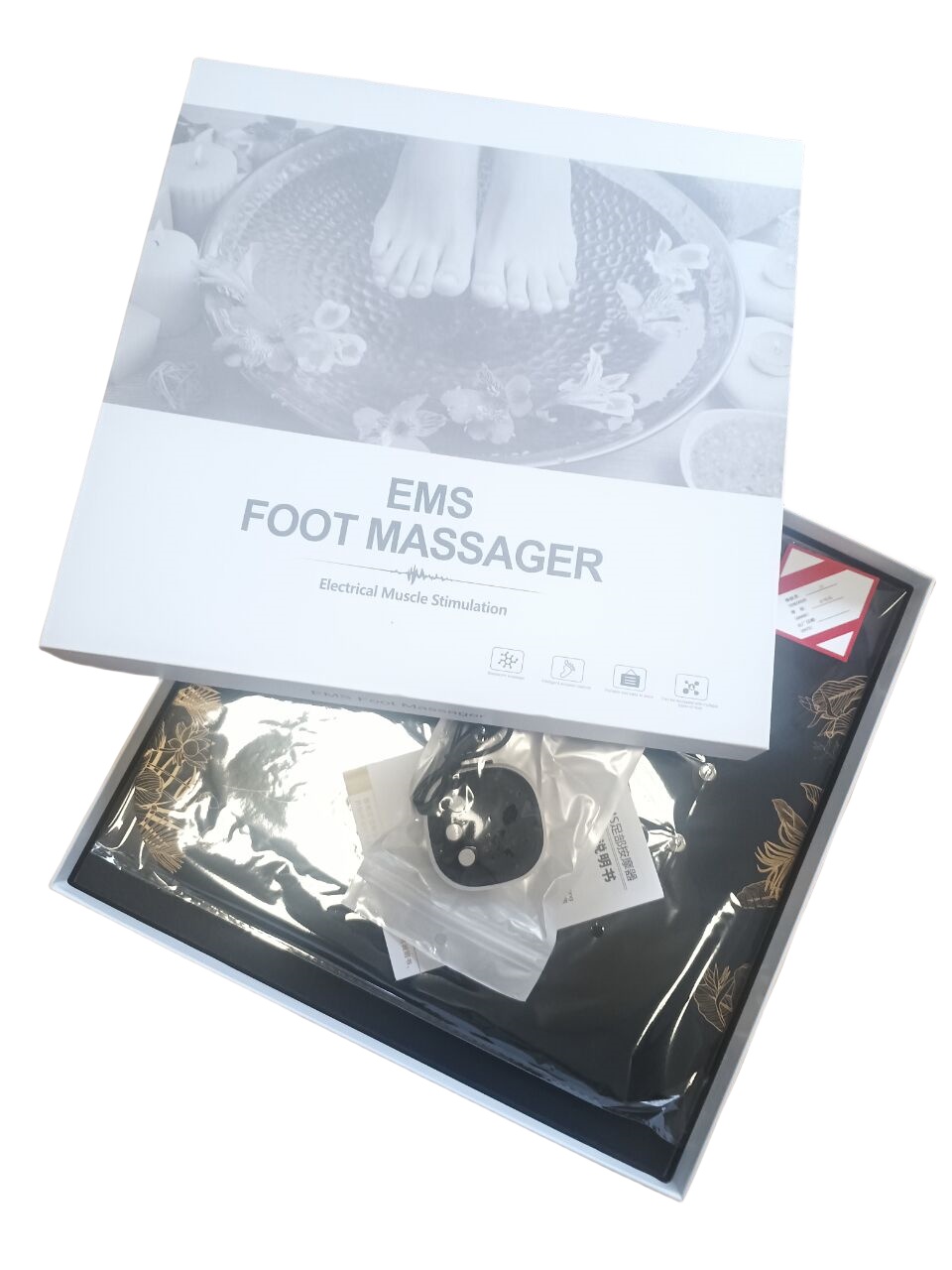How to Choose the Perfect Corporate Gifts: A Comprehensive Guide
Corporate gifts plays a vital role in modern business culture, serving as a powerful tool for building relationships, expressing appreciation, and reinforcing brand identity. However, selecting the right corporate gift requires careful consideration of multiple factors to ensure your gesture achieves its intended purpose. This guide will walk you through the essential aspects of choosing appropriate corporate gifts that leave a lasting positive impression.

Understanding the Purpose of Your Corporate gifts
Before browsing through gift options, clearly define your gifting objectives. Corporate gifts typically serve several purposes: showing appreciation to loyal clients, rewarding employees for outstanding performance, celebrating business milestones, or nurturing potential business relationships. The purpose will significantly influence your gift selection—a token for hundreds of employees attending a holiday party will differ substantially from an exclusive gift for your top client.
Consider whether your primary goal is to impress, to express gratitude, or to maintain top-of-mind awareness. For relationship-building gifts, focus on personal connection; for employee recognition, prioritize usefulness and value; for promotional purposes, emphasize brand visibility without compromising quality.
Knowing Your Recipients
Effective corporate gifting requires thorough understanding of your recipients. Research their demographics, cultural backgrounds, professional positions, and personal interests whenever possible. A gift that resonates personally with the recipient creates significantly more impact than a generic present.
For international clients, be mindful of cultural nuances—certain colors, numbers, or items might carry negative connotations in different cultures. Similarly, consider hierarchical differences; gifts for C-level executives should reflect their status without appearing extravagant, while gifts for entire teams should promote equality and inclusivity.
Determining Your Budget
Establish a realistic budget that aligns with your company's financial parameters and the nature of your relationships with recipients. Corporate gifts should appear thoughtful rather than extravagant, as overly expensive gifts might make recipients uncomfortable or even violate corporate policies.
Remember that creativity and personalization often outweigh monetary value. A well-chosen $50 gift can make a stronger impression than a generic $200 item. Consider implementing tiered budgets based on recipient importance or occasion significance while maintaining consistency within each tier.
Selecting Appropriate Gift Categories
Corporate gifts generally fall into several categories, each serving different purposes:
-
Branded merchandise: Items like high-quality notebooks, tech accessories, or apparel featuring your logo work well for promotional purposes or large-scale gifting.
-
Luxury items: Premium gifts such as fine leather goods or designer accessories suit top clients or milestone celebrations.
-
Edible gifts: Gourmet baskets, premium chocolates, or specialty wines offer universal appeal for various occasions.
-
Experience-based gifts: Tickets to events, spa packages, or exclusive dining experiences create memorable impressions.
-
Charitable donations: Donations made in the recipient's name appeal to socially conscious partners or clients.
Emphasizing Quality and Practicality
Regardless of your budget, always prioritize quality. A poorly made gift reflects negatively on your brand and defeats the purpose of your gesture. Choose items that demonstrate craftsmanship and durability—preferably from reputable suppliers known for corporate gifting solutions.
Practicality is equally important. Select gifts that recipients will actually use rather than decorative items that might get stored away. Useful gifts keep your company top-of-mind through repeated use. Consider the recipient's lifestyle—tech accessories for professionals who travel frequently, premium kitchenware for food enthusiasts, or ergonomic office items for desk-bound executives.
Incorporating Branding Thoughtfully
While corporate gifts present branding opportunities, exercise restraint. Prominent logos on high-end gifts can diminish their perceived value, making them feel like advertisements rather than genuine gestures. For premium gifts, consider subtle branding—a discreet logo on an elegant pen or embossing on leather goods maintains sophistication while keeping your brand visible.
Include a personalized note or card with your company branding instead of prominently marking the gift itself. This approach maintains the gift's integrity while ensuring your company is remembered.
Timing and Presentation Matter
The impact of your gift depends heavily on timing and presentation. Holiday seasons, business anniversaries, or after completing major projects represent ideal gifting moments. For unexpected appreciation, consider "just because" gifts that stand out precisely because they're not tied to traditional gifting occasions.
Invest in elegant packaging that enhances unboxing experience. A beautifully presented gift demonstrates the care and attention you've put into the selection process. Include a handwritten note for personal touch—this small detail significantly increases perceived value and emotional impact.
Considering Sustainability
Modern corporate gifting increasingly emphasizes environmental responsibility. Eco-conscious gifts appeal to today's environmentally aware professionals and reflect positively on your company's values. Consider gifts made from sustainable materials, items that promote green living, or experiences that leave minimal environmental footprint.
Sustainable options include bamboo products, recycled material items, organic consumables, or donations to environmental causes in the recipient's name. These choices demonstrate corporate social responsibility while providing meaningful gifts.
Measuring Effectiveness
Establish methods to evaluate your corporate gifting program's effectiveness. Track recipient responses, note any follow-up communications mentioning the gift, or monitor changes in business relationships post-gifting. This data helps refine future gifting strategies for maximum impact.
Final Considerations
Avoid gifts that might be construed as too personal or potentially offensive. Stay clear of items related to religion, politics, or overly personal care products unless you have specific knowledge about the recipient's preferences. When in doubt, opt for neutral, professional gifts with broad appeal.
Remember that corporate gifting should ultimately strengthen relationships rather than serve as transactional tools. The most successful corporate gifts combine thoughtful selection, appropriate presentation, and genuine intent to create meaningful connections that benefit both parties in the long term.
By following these guidelines, you can develop a corporate gifting strategy that reflects your company's values, respects your recipients, and achieves your business objectives—turning simple gifts into powerful relationship-building tools.
Related topics:https://www.emuarticles.com/what-is-the-best-reward-for-an-employee-a-modern-guide-to-meaningful-recognition/
https://www.articleritz.com/what-gifts-do-employees-really-want-the-ultimate-guide-to-meaningful-corporate-gifts/
https://brangocasino.com.in/what-are-good-gifts-to-give-staff/
Related topics:
Matching His and Hers Tungsten Wedding Bands: A Style Guide
Beyond the Classic Band: Unique and Artistic Tungsten Ring Designs
What Is a Good Corporate Thank You Gift?
What Is the Best Reward for an Employee? A Modern Guide to Meaningful Recognition
What Gifts Do Employees Really Want? The Ultimate Guide to Meaningful Corporate Gifts
What Are Good Gifts to Give Staff?







